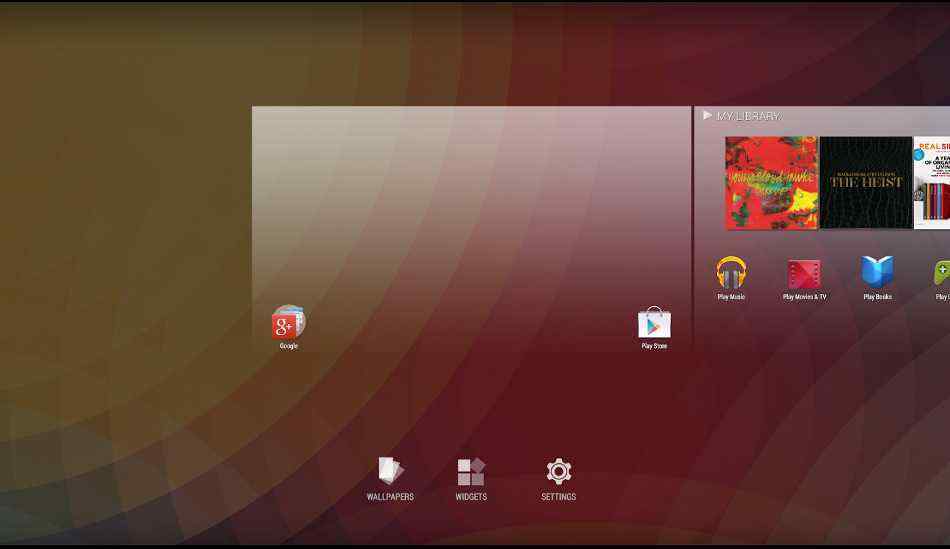 Although Android phones with several advanced and gimmicky features are quite tempting to buy (specifications-wise), it never a good idea to buy an Android device. They might look like a good value for money to you at first, but as you use those phones and have to sacrifice some of your major necessities, you realize that all those features are of no worth. When using a phone, the things that really matter are: safety, security, powerful functionality, high-speed operation, brisk performance, consistent experience and user-friendliness. Androids, because of their messy and chaotic ecosystem, are not quite up to the mark when it comes to these essential factors.
Although Android phones with several advanced and gimmicky features are quite tempting to buy (specifications-wise), it never a good idea to buy an Android device. They might look like a good value for money to you at first, but as you use those phones and have to sacrifice some of your major necessities, you realize that all those features are of no worth. When using a phone, the things that really matter are: safety, security, powerful functionality, high-speed operation, brisk performance, consistent experience and user-friendliness. Androids, because of their messy and chaotic ecosystem, are not quite up to the mark when it comes to these essential factors.
Android phones flop more often than not for the following reasons:
Defects in Apps
- Not all apps are compatible with all Android devices
- Most of the applications have advertisements (intrusive or otherwise), because most of the apps are free
- Apps crash or are forcibly closed if the phone detects that they are too large; it happens quite often, especially when using multiple apps at the same time
Defects in Device (regardless of what company's or which device you use)
- It is found that most of the Android phones are susceptible to overheating. The devices tend to overheat whenever you perform any task requiring heavy processing. They tend to heat quite often during summer than in winter.
- Overheating of the device also drains the battery of the phone faster. Also, since some updates happen automatically and some apps continue to run in the background without you knowing, the Android phones are drained of their battery in a very short time. So, most of the times, the phone doesn't run for the number of hours it is purported to
- Many of the Android phones have very little internal memory storage. This makes it inevitable to store large videos, apps and files on a micro SD card.
- Using a micro SD card on the phone and adding further data to it reduces the speed of the phone
- No matter which Android phone you buy, it will freeze a lot. This is because of the lack of integration and a streamlined Android ecosystem.
- You risk losing all the data on your phonie data if it conks off permanently. Although, there are several apps and services to backup your data, no app or service is tightly-sewn into the Android experience. As a result, you always carry the fear that your data isn't safe.
- The operation speed of the phone reduces and the phone experiences lag due to the buildup of cache.
- Some phones become extremely sluggish if we install many apps.
- The efficiency of the battery reduces over time because they have to manage multiple programs/processes at any given time. The primary cause for this are the processes running in the background at all times
Defects in System
Although having an uninterrupted internet connection on mobile devices is no longer a problem these days, Android phones require continual internet connection to work efficiently. This is primarily the case because Android is an operating system developed by Google. So, most of the Android services are provided by Google, which necessitate the need of uninterrupted internet data.
I agree that Google Play has some extremely useful applications but somehow hackers, spammers are hit Google Play Store before these apps are published on it. If you download 10 Applications a day, majority of them are likely to have some kind of malware
Since Android is open source, the Google play store for Android apps isn't closely monitored. Hence, it is lot easier to publish apps on the Google Play store. As a result, many apps on Google Play store are either not up to the mark or contain malware. So, although are a really good number of apps with innovative features, there are as many or even more apps with some malware. This puts your Android phone at serious risk getting affected by viruses.
Android is unreliable and unstable, because most of the times different hardware parts on Android devices with different specifications use the same operating system. So, there is no such thing as exact software or hardware match. As a result, either the phone or Android OS take a huge beating.
Android, being open source, provides a whale of options to customize the OS they way anyone wants. Evidently, it also makes Android easier to hack, thus vulnerable to threat.
Fragmentation:-It means that you have different phones running different versions of Android. For example, Gingerbread, which was Android 2.3, was adopted across the board by Android devices six month after it was released because of the fragmented character of Android.
Android ecosystem is very decentralized. What this means is, there is no governing body that provides support in case of glitches (since everyone has a customize version). As a result, grievances of several Android users remain unaddressed.
Some system and app updates take place automatically (without asking for the user's permission). This might result in an acute short of memory on the device.
There are no administrator rights on an Android phone wherein you can control the changes that take place on your phone. So, at times, you feel like you don't decide what happens with your decide.
While Android phones and the operating system are not bad per se, most of the devices that are manufactured for Android aren't specifically made to run it (as opposed to iPhones that made specifically for iOS). So, the devices can't exactly dovetail with the operating system, resulting in a range of grave, unsolvable problems.
Shared by mytechlogy.com








Very well highlighted drawbacks of Android. One of the demerits mentioned above is security. As a manager at Enterprise Monkey, Geelong, Australia; I can credibility say that security is a major concern of customers. But despite everything, Androids do provide major benefits due to which they still continue to flourish.